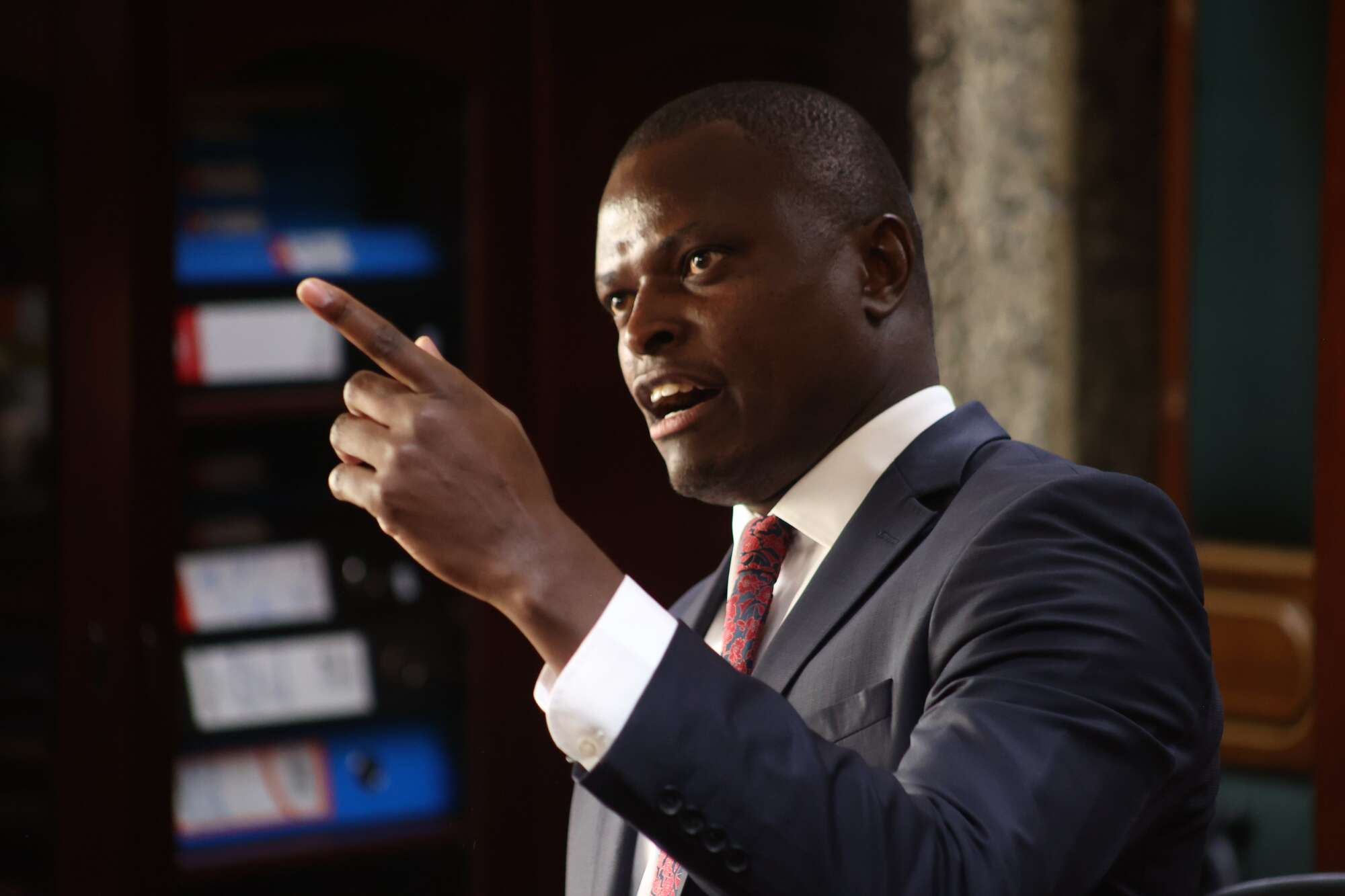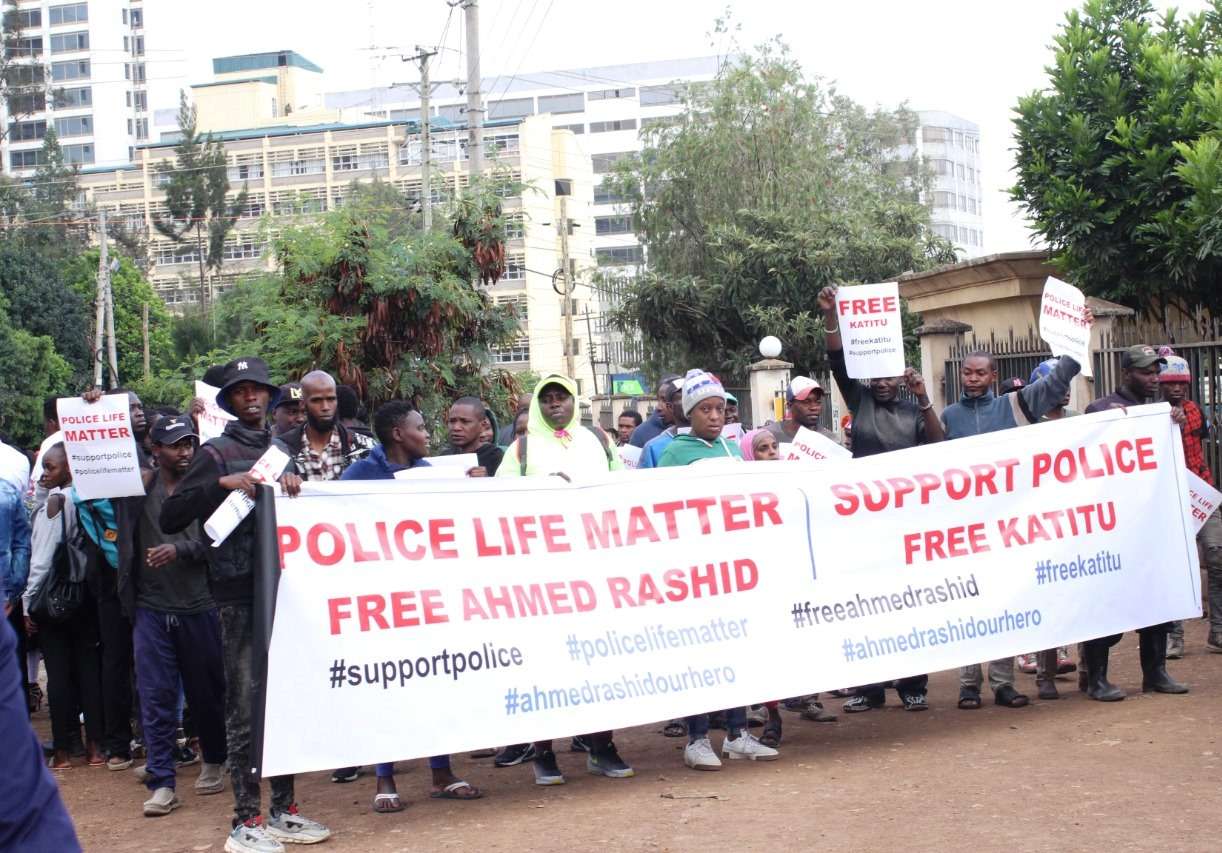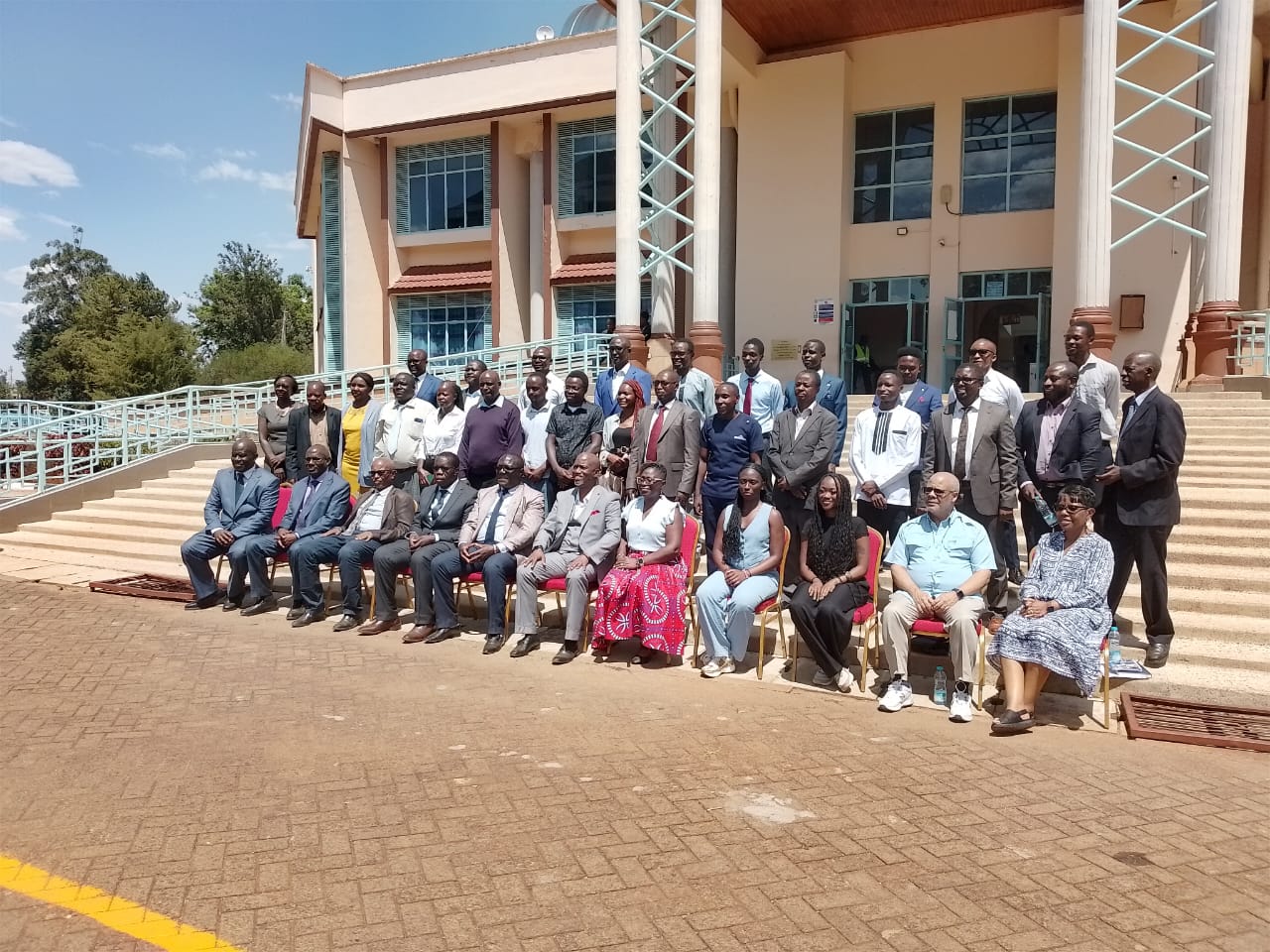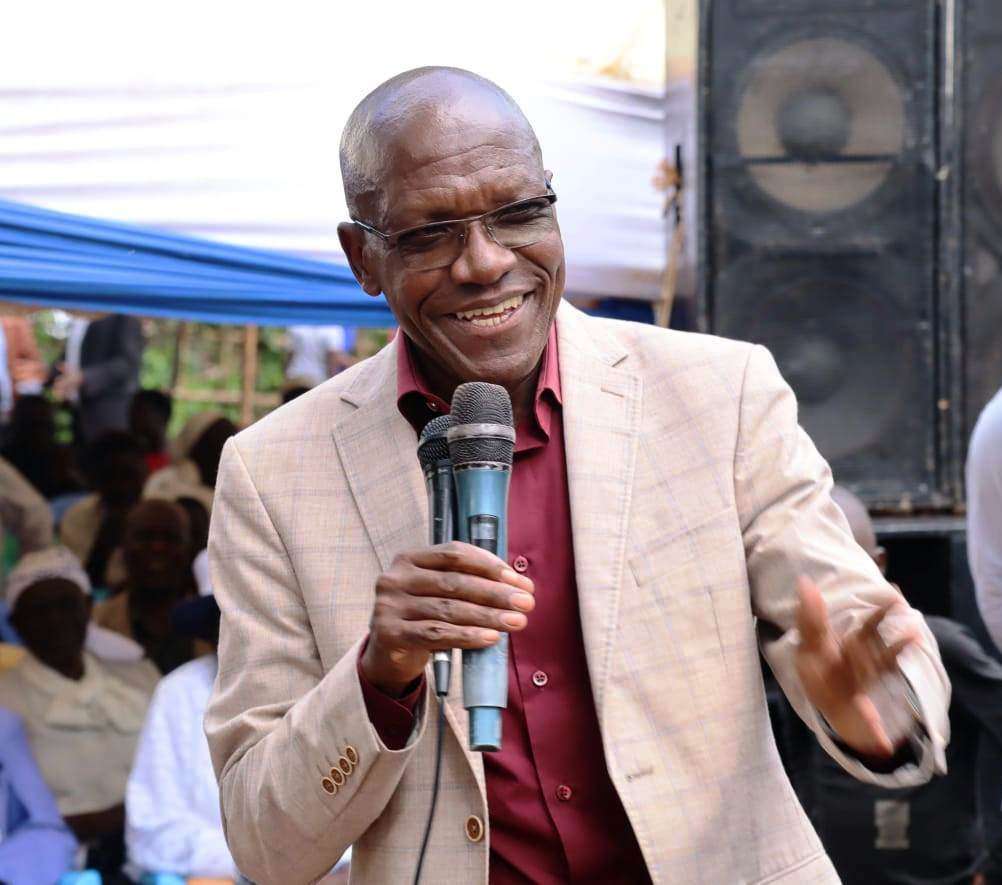By The Weekly Vision Reporter
President William Ruto is facing mounting criticism following his recent State of the Nation Address, with lawmakers questioning the accuracy of the economic figures he presented and his failure to address several pressing concerns affecting millions of Kenyans.
Kiharu MP Ndindi Nyoro, a key figure in economic oversight and formerly the Chair of the Budget and Appropriations Committee, led the charge, accusing the President of presenting “inaccurate” and “misleading” data on the state of the economy.
In his address last week, President Ruto told Parliament that his administration had stabilised the shilling, citing improved investor confidence and a stronger macroeconomic environment. However, Nyoro dismissed this narrative, arguing that the shilling has depreciated significantly under the current administration. “On election day, the exchange rate was KSh118 to the dollar; at the swearing-in it was 120. By 2023 it had hit 159. That is 8.5 per cent depreciation, even as the dollar itself weakened globally,” he said.
The President also claimed the Nairobi Securities Exchange (NSE) was at an all-time high and performing strongly among emerging markets. Nyoro countered that the NSE’s best years were 2007 and 2017, adding that credible stock market performance must be measured by market indices rather than market capitalisation alone. “The NASI peaked long ago. Facts are like lions, you release them, and they defend themselves,” he remarked.
President Ruto credited his affordable housing programme with boosting construction, creating jobs, and stimulating demand for building materials. But Nyoro cited the Kenya National Bureau of Statistics (KNBS) 2024 Economic Survey, which shows a 2 per cent contraction in the construction sector. Cement consumption reportedly fell by 7.9 per cent, while steel demand also dropped. “Yet we are told housing projects are booming. That is not factual,” he said.
Ruto insisted Kenya’s GDP expanded by 4.7 per cent last year, positioning the country ahead of many regional peers. But Nyoro accused the President of making selective comparisons. He argued that in their first three years, previous regimes performed better:
- Kibaki grew the economy by 36 per cent.
- Uhuru by 21 per cent
- Ruto’s administration is supported by only 14 per cent.
He noted that neighbouring countries performed better in 2023: Uganda at 6 per cent, Tanzania at 6.1 per cent, and Rwanda at 8 per cent.
Nyoro also took issue with the government’s borrowing record, describing Ruto’s debt management as “illegal and unprecedented”.
He claimed Kenya is borrowing KSh3.5 billion daily, and that public debt has surged from KSh8.7 trillion to KSh12.5 trillion in under three years.
He accused the government of “off-book borrowing” through instruments such as securitisation and the Talanta Bond. The MP further criticised the government over issues in the education sector, including the alleged impending increase in school fees for day secondary schools starting in January.
He also condemned the failure to confirm 20,000 Junior Secondary School (JSS) intern teachers to permanent and pensionable terms. “Principals have received circulars to increase school fees. We must not sit here and allow this. The interns must be absorbed immediately,” he insisted.
Nyoro’s unusually direct criticism of President Ruto, particularly on economic policy, signals growing disquiet within the political establishment. The debate underscores concerns that the government’s optimistic economic messaging does not align with the lived realities of many Kenyans, who are facing rising costs, unemployment, and deteriorating services.
As the country waits for clarity on debt levels and the shilling’s future, and for looming changes in the education sector, Nyoro’s remarks have set the stage for deeper scrutiny of the administration’s economic stewardship.





